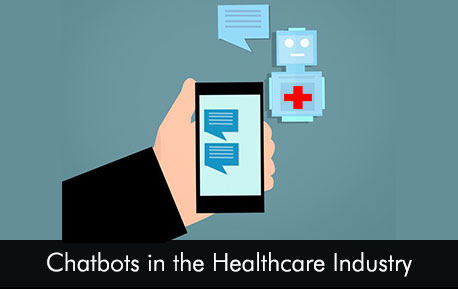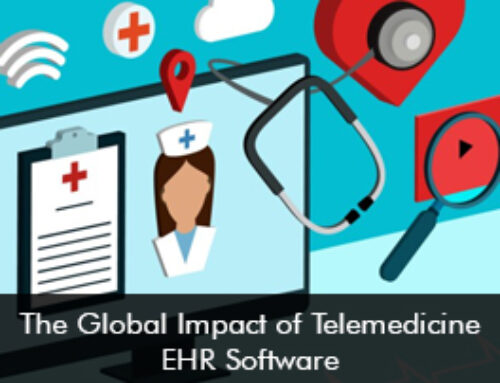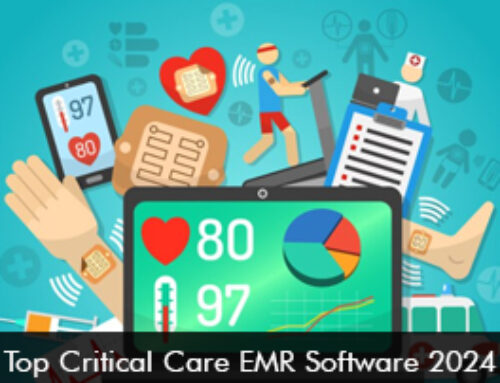Chatbots are becoming popular by the day and have been embraced by the healthcare sector due to its many benefits to hospitals and practitioners. With advancements and developments in artificial intelligence (AI) and machine learning, chatbots are gaining approval in many sectors of the economy. The number of healthcare chatbots is increasing as they help to enhance patient experience generously.
What are chatbots?
Chatbots are software which is available via web applications or as a standalone app. Chatbots mimic human speech which enables them to stimulate a human conversation. The software technology in chatbots uses algorithms to interpret what the user is saying. The technology uses a natural language processing technique. It assists individuals via instant messaging, text messages in websites to satisfy customers.
Chatbots and healthcare
Chatbots are faster and intelligent to help both healthcare providers and patients. Chatbots help clinicians by lowering their workload by assisting them in symptom checks, medication guidance, and other queries. Visits to doctor clinics and hospitals have been reduced due to chatbots as patients are turning to chatbots for instant medical help for minor issues.
In the past few years, health chatbots have been adopted increasingly as they empower interactive healthcare and provides a window of opportunity for patients and practitioners to offer ongoing health monitoring and providing information rapidly. Chatbots are designed in a way to guide patients and reveal if they have any serious ailment or disease. Once the chatbot reveals a serious illness then patients can be sent to a healthcare professional. Chatbots save a lot of time and helps intake quicker action against the illness.
Advantages of Using Chatbots in Healthcare
- Chatbots help practitioners access the correct information about drug dosage on the go so they can give the right guidance to their patients.
- Chatbots provides supports to patients who require medical assistance at all time. The virtual chatbots may also remind users to take their medication or contraceptives on time which helps to monitor a patients’ health.
- Some chatbots are also responsible for internal-record keeping. Such chatbots help to provide patient information related to allergies and check-up reports which help in the time of emergencies. Due to chatbots, healthcare professionals don’t need to spend hours finding and searching in a patients’ record system. Chatbots are able to do these tasks much rapidly and that too without the margin of human error.
- Chatbots also support appointment scheduling by matching patients with relevant clinicians. They also keep track of their visits and follow-up visits in case the information is required in the future. A person just needs to make a request in the chat window and the chatbot will manage the rest by suggesting the most appropriate options for the person and the payment options available. Voila! Your appointment is booked.
- Chatbots also provide support and additional information to lower the number of repetitive calls made to the clinic. This helps hospital staff members to concentrate on other administrative tasks to provide better healthcare services to their patients.
Conclusion and implications
Chatbots are being seen to provide massive assistance and support to both doctors and patients. However, chatbots are sensitive to hacking and the elderly people are still more comfortable in traditional hospital visits and have their reservations with virtual assistants. Chatbots have a massive potential in the healthcare industry as the technology proves essential to address medical needs in an efficient way.







